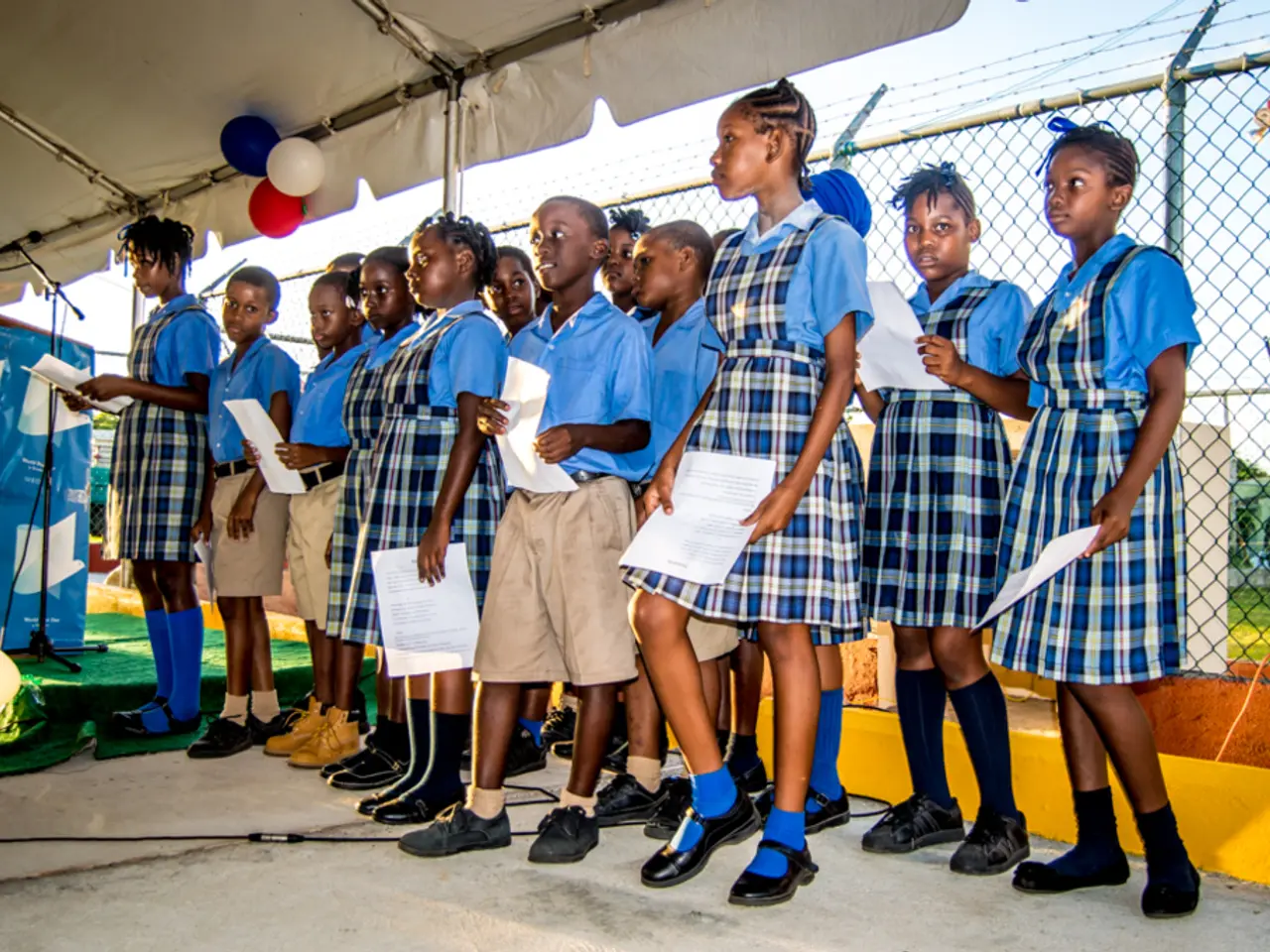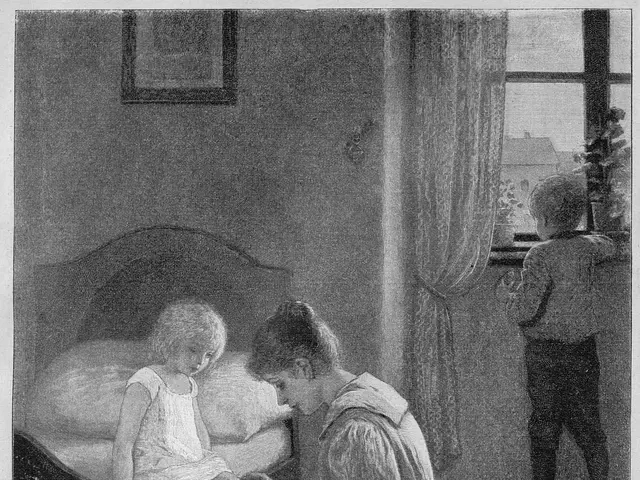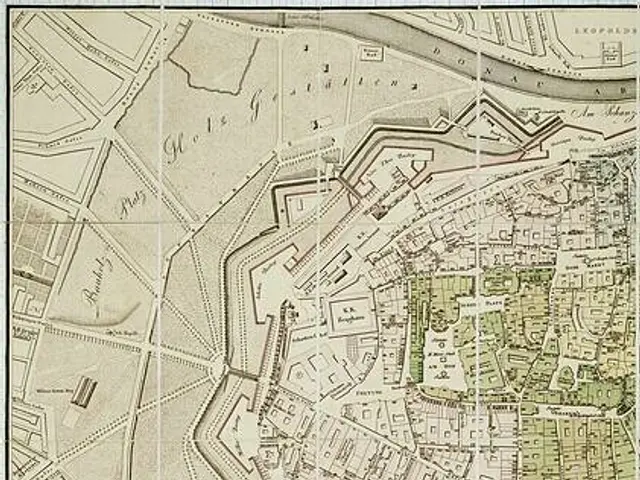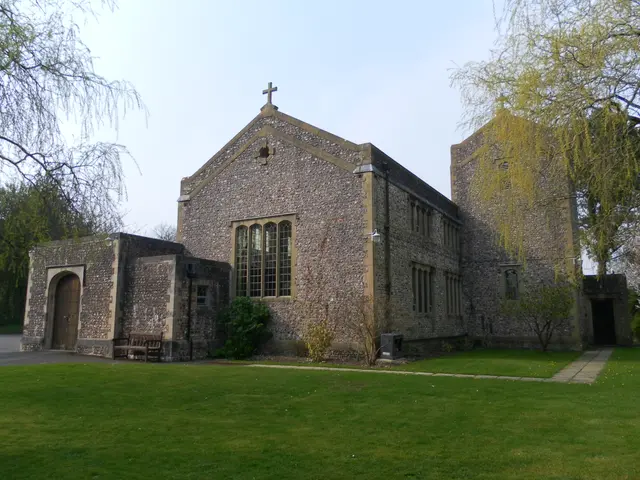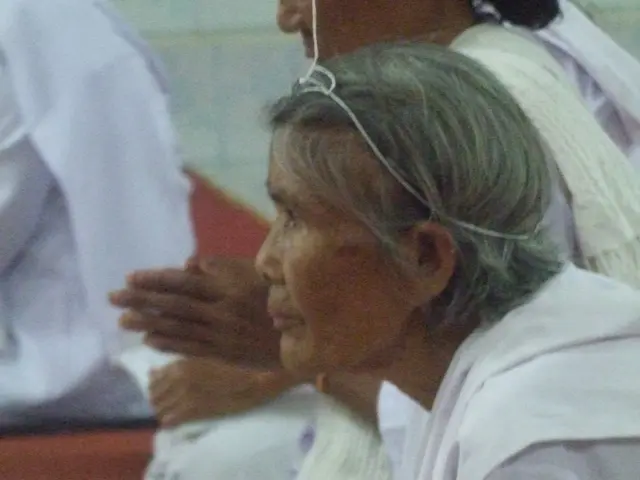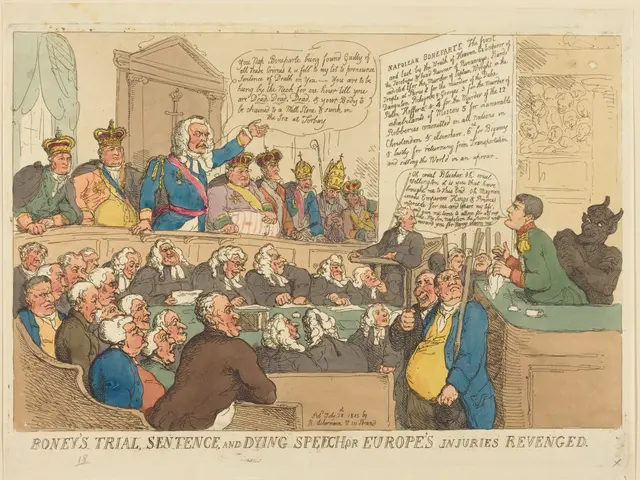Supreme Court Weighs Conversion Therapy Ban's Impact on Free Speech
The Supreme Court is currently reviewing a case that could significantly impact laws in numerous states regarding 'conversion therapy'. The practice, aimed at altering a person's sexual orientation or gender identity, has been widely discredited. The case, Chiles v. Salazar, involves an Evangelical Christian therapist, Kaley Chiles, who argues that Colorado's ban on the therapy for minors violates her free speech rights.
Most justices appeared inclined to rule against the Colorado law, which could invalidate similar laws in around two dozen states. The case is expected to yield a decision by summer. Chiles, a licensed professional counselor, contends that her practice involves only talk therapy and does not employ physical restraints or coercion. She believes the state's ban prevents voluntary conversations with minors seeking her help.
Chiles, who has not yet used the therapy due to fears of losing her license or being fined, argues that the law violates her First Amendment rights to free speech and free exercise of religion. The Colorado law permits discussions about feelings of confusion or uncertainty but prohibits therapists from promising to change a minor's sexual orientation or gender identity. Conservative Justice Samuel Alito suggested the law may be unconstitutional viewpoint discrimination, while liberal Justice Ketanji Brown Jackson compared the situation to a medical doctor prescribing medication.
The Supreme Court's decision in Chiles v. Salazar could have far-reaching implications, potentially affecting similar laws in multiple states. The case highlights the tension between free speech rights and the protection of vulnerable individuals, particularly minors, from potentially harmful practices.
Read also:
- FDA's Generic Mifepristone Approval Sparks Pro-Life Concerns Over Safety and States' Rights
- Understanding Child Development: Causes and Signs of Delays
- Top Superfoods for Hormonal Health: Avocados, Berries, Flaxseeds, Turmeric, and Cruciferous Veggies
- Pope Francis' New Book 'Let Us Dream' Offers Unity and Hope for Post-Covid World
